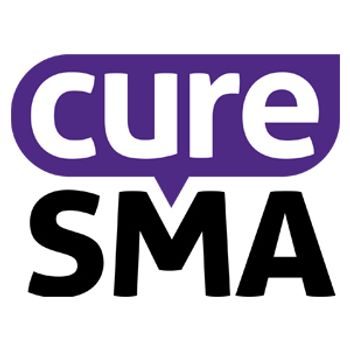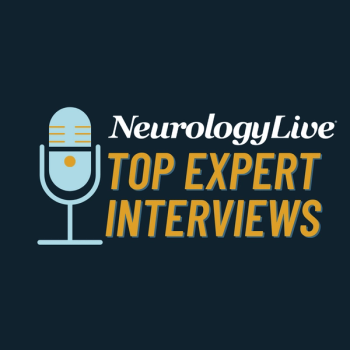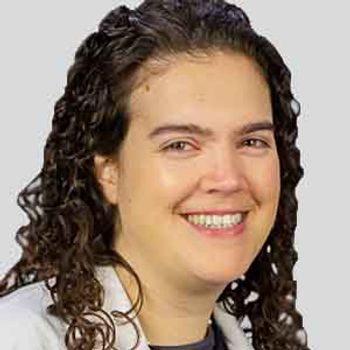
Impel’s agent is designed to deliver a lower dose of dihydroergotamine mesylate (DHE) compared with other nasally administered products.

Impel’s agent is designed to deliver a lower dose of dihydroergotamine mesylate (DHE) compared with other nasally administered products.

The assistant professor of pediatrics and neurology at the University of Colorado School of Medicine spoke on a recent narrative review investigating headache in gender minorities.

Episode 14 of the AUPN Leadership Minute features Alissa Willis, MD, of University of Mississippi Medical Center; and Nina Browner, MD, of University of North Carolina School of Medicine. [WATCH TIME: 5 minutes]

Investigators concluded that the most sensitive screening tool for OSA in women with IIH was the STOP-BANG questionnaire.

The director of the Banner Alzheimer’s Institute discussed areas of success and those facing challenges for Alzheimer disease clinical trials.

Patients with chronic migraine were advised to reduce cannabis use to aid in reducing medication overuse headache.

Advocacy organization Cure SMA provides insight on the importance of continuing to push for standardized newborn screening and how it can positively impact outcomes in SMA.

Investigators found that strength training improved muscle strength, balance, gait speed, and gross motor function in pediatric and adolescent patients.

The professor of neurology at Emory University School of Medicine spoke on the potential for the new AASM hypersomnolence guideline to educate providers treating patients with sleep disorders.

Davis offered comments on the recent approval of brivaracetam (Birviact; UCB) as a treatment for pediatric patients with partial-onset seizures and its potential for these patients.

The director of the Alzheimer’s Prevention Clinic at Weill Cornell Medicine discussed the topics and ideas that clinicians should look forward to at the 2021 International Congress on the Future of Neurology.

The web-implemented algorithm misclassified and misdiagnosed seizures in only 16.8% of the patients with epilepsy—lower than rates previously reported in the literature.

The global head of Neurodegeneration at Roche/Genentech offered her insights on additional analysis of the DIAN-TU trial of gantenerumab and perspectives on biomarker data.

Investigators concluded that feedback from patients and caregivers should be incorporated as telehealth continues to be integrated into daily clinical care.

The director of the Comprehensive Center for Brain Health at the University of Miami Miller School of Medicine discussed the current understanding of COVID-19 and its associations with cognitive decline and Alzheimer disease.

Internet-based cognitive behavioral therapy for insomnia program engagement was low and did not elicit a change in medication use or health care visits.

Expert clinicians offer their perspectives on the upcoming IFN 2021 Congress, the impact of aducanumab, optic neuritis in NMOSD, cranial neuralgias, and miniature AD brain models.

The director of the Mayo Clinic Center for Multiple Sclerosis and Autoimmune Neurology discussed unmet needs of care for patients with neuromyelitis optica spectrum disorder.

A recent study found that saffron had similar efficacy at both 14-mg and 28-mg doses, increasing melatonin levels but not cortisol.

AC Immune and Genentech announced that treatment with semorinemab, an investigational antitau antibody, in the phase 2 LAURIET study resulted in significant changes from baseline on ADAS-Cog11 scores.

The neuro-ophthalmologist at UT Southwestern further discussed the high cost of treatment for patients with neuromyelitis optica spectrum disorder and the need to improve access to care.

Although headache infusion centers were generally open during the standard business hours, few headache infusion centers were open after hours and on weekends.

The associate professor of neurology at Emory University School of Medicine provided an overview of the new guideline, which addresses narcolepsy, idiopathic hypersomnia, and Kleine-Levin syndrome.

This was the first time that progression of cognitive fluctuations in patients with Lewy body dementia had been systematically investigated using a clinical rating scale.

Findings of the Salt Substitute and Stroke Study suggest a switch to salt substitute could reduce the risk of stroke by 13% in those with a history of hypertension or stroke.

Cluster analysis classified 29.5% more of the sample with mild cognitive impairment compared to the Alzheimer’s Disease Research Center’s consensus diagnosis.

The neuro-ophthalmologist at UT Southwestern Medical Center discussed optical coherence tomography and antibody detection technology used to diagnose optic neuritis associated with NMOSD.

After receiving original approval in 2016, brivaracetam is now available as both monotherapy or adjunctive therapy to treat partial-onset seizures in pediatrics 1 month of age and older.

The director of the Comprehensive Center for Brain Health at the University of Miami Miller School of Medicine discussed projects dedicated towards improving dementia recognition and care within multicultural communities.

Here's what is coming soon to NeurologyLive.